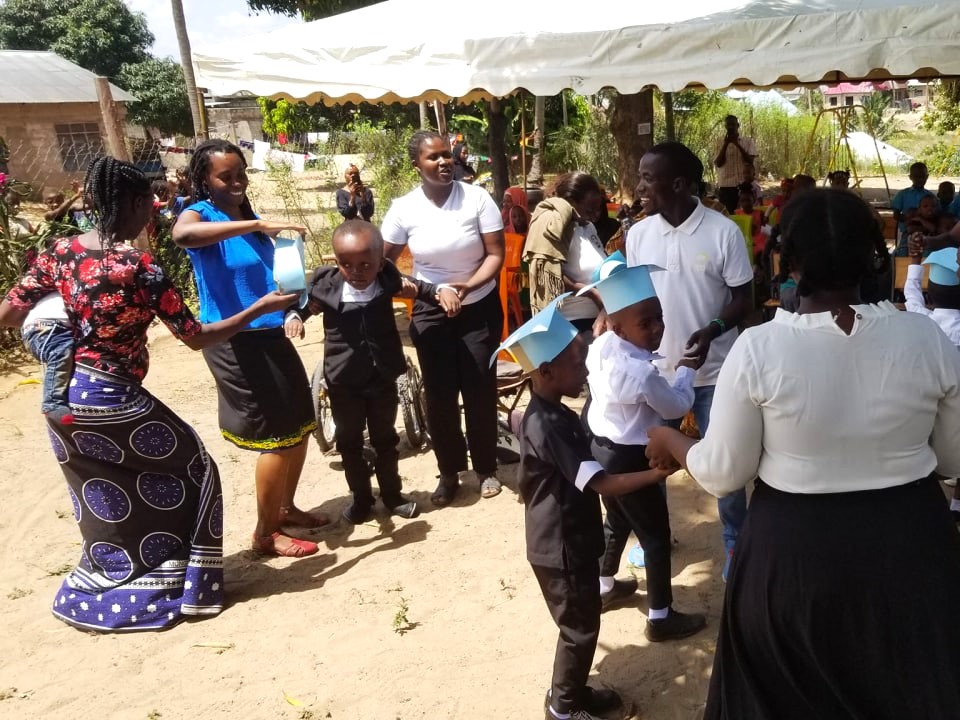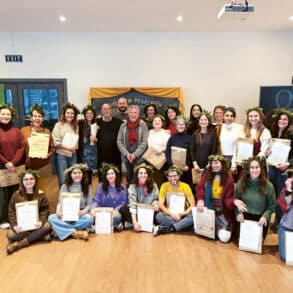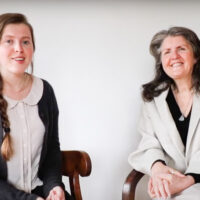Anthroposophy in places around the world faces challenges with respect to the culture of those particular places. One such place is Africa, where indigenous languages are often used. In Tanzania and East Africa, for instance, where the most common language is Kiswahili, people are interested in anthroposophy, but the language barrier holds them back from engaging with the fullness of anthroposophy.
In Tanzania, this problem is experienced by members of the anthroposophical community. Having access to fewer texts about anthroposophy is one problem. The text being written in English or German is yet another problem, as people understand better in Kiswahili, their mother tongue.
A youth from this Tanzanian community has taken up the challenge and turned it into an opportunity to translate English texts into Kiswahili, after she received support and inspiration from other young students of anthroposophy at the Youth Section Co-Workers conference held at the Goetheanum from June 21st to 25th, 2023.
Stacieva Imma Mbuguni graduated high school in 2023. Now she aims to translate anthroposophical books from English to Kiswahili, starting with How to Know Higher Worlds by Rudolf Steiner, which was originally translated to English by Christopher Bamford.
This initiative will not be easy but with support and guidance from different people in the anthroposophical community all over the world, with time it will be successful. Therefore, feel encouraged to contact Stacieva at stacievam@gmail.com with questions, guidance and support.
Special thanks to the Youth Section and Goetheanum at large.
Image Mwanangu Inclusive Community in Tanzania; Source: Mwanangu Development Tanzania









